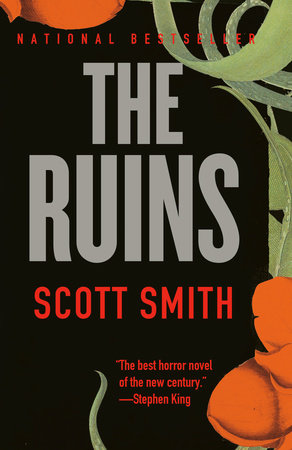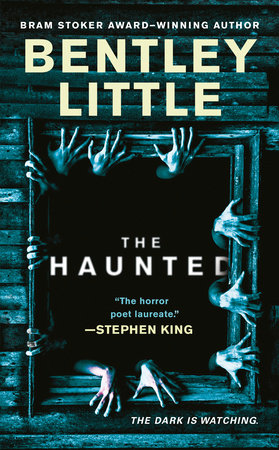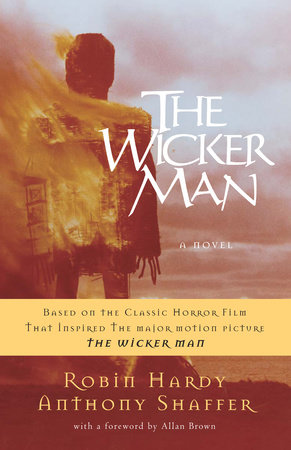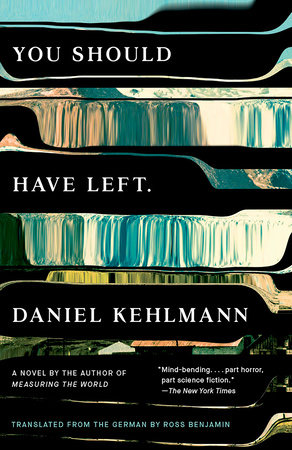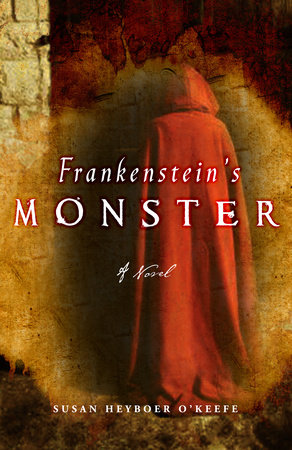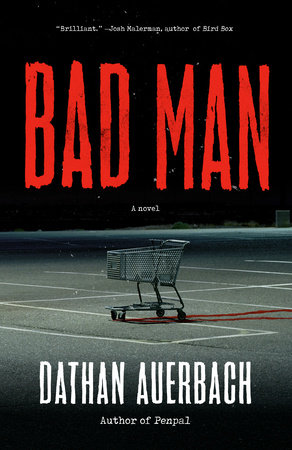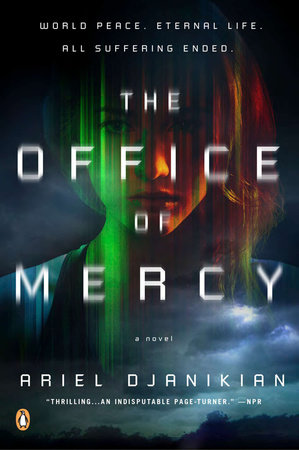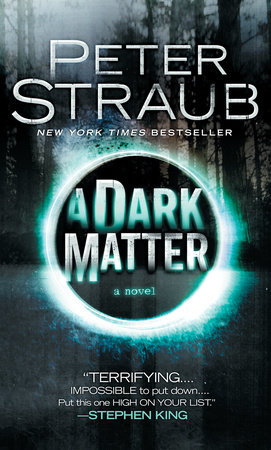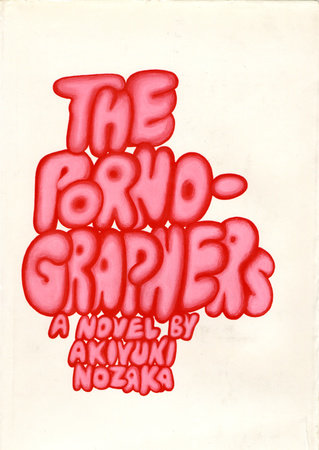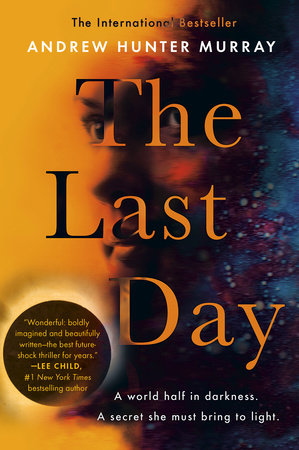Q: You have a master’s degree in creative writing from Columbia. Had you always wanted to be a writer? A: I’ve always enjoyed writing—and storytelling—for as long as I can remember. But I don’t believe I ever seriously contemplated becoming a writer when I was a child. I think it would’ve seemed so unlikely somehow, so presumptuous on my part. Even while I was in graduate school, I was only very tentatively willing to claim the title for myself. The one thing I remember yearning to be as a kid was a mercenary. When I was nine or ten I saw a TV news show on modern mercenaries, and, to my parents’ horror, I decided that this was the life I, too, was meant to lead. I’m certain there were other childhood ambitions, but this is the one I recall most clearly, probably because of my parents’ strong reaction to it.Q: Your first book, A Simple Plan, came out in 1993, and the film of it, for which you were nominated for an Oscar for best screenplay, came out in 1998. As this is your second book, what have you been working on/doing in the time since the first book?A: I spent five years working on a novel, which ended up coming to nothing. Or much more than nothing, actually—too much. I had over a thousand pages, and I was still only a quarter of the way through the story. Early on in this process, I sensed it wasn’t going to work out, that I’d bitten off far too much for myself. I even stopped a half dozen times as I was writing it and tried to start other novels, only to get drawn back into this monstrous thing I’d created. Then the movie version of A Simple Plan came out, and I received some offers to do more screenwriting. I had the sense that I needed to break completely from my novel or remain stuck forever in its grip. So I accepted a screenwriting job, and that led to another offer, and so on, until finally, after five scripts, my connection to that huge novel-in-progress felt sufficiently severed for me to attempt something new. And that was The Ruins.Q: Did your Oscar nomination for the adapted screenplay change or affect your career course?A: I think it probably opened up a broader range of possibilities for me. Rather than merely being offered scripts that in some way echoed A Simple Plan, I had the chance to try writing in a variety of different genres, for which I’m very, very grateful.Q: Your work has been compared to Thomas Harris, Stephen King, and James M. Cain, among others. And King called your first book one of the decade’s best suspense novels. What drew you to this kind of storytelling? And do you consider yourself a horror/thriller writer? A: My father has always been a great reader of thrillers, and I grew up scavenging from his library. Jack Higgins, Alistair MacLean, Clive Cussler—those were some of the authors I loved as a kid. I guess, given this upbringing, it’s probably natural that the two novels I’ve written thus far have both been very plot-driven. I’d be happy to be called a horror/thriller writer, but would feel a bit bold claiming the title for myself. Especially, the horror part—I have the sense of myself bumbling my way through The Ruins, in almost complete ignorance of the rules and customs of the genre. Perhaps it’s simply all that childhood reading, but I feel much more confident in the thriller realm.Q: What was the inspiration for writing such a creepy, scary tale? And do you ever scare yourself when you’re writing?A: I had the original idea when I was a graduate student, sixteen years ago. At that point, I envisioned it as a short story. The plot was very different—a group of archaeologists in an isolated setting digs up an extremely virulent disease, which they fear might cause a terrible pandemic if it were to spread into the world. The story was going to focus on the characters arguing over what they should do, as they and their hired laborers start to sicken and die. I never wrote it, but all these years later, when I decided to attempt another novel, it was one of a handful of ideas that I picked up and began to toy with. Around that time, I happened to see a horror movie, and I thought that it might be fun to attempt something in that genre. This impulse came together with the ailing archaeologists, and The Ruins emerged from it.No, I’ve never been frightened by anything I’ve written—it feels too distant.Q: The story has a very strong sense of place—the sticky, unbearable heat of the jungle rises up off the page and acts as a seventh character. And there’s the sense that a given location has a spirit that can be good or bad. I wonder if you could talk about this.A: I think there’s a surface part of me that’s very rational, very suspicious of anything resembling spiritual mumbo-jumbo. And yet there’s a deeper part that is prone to all sorts of superstitious, almost animistic beliefs. I know that I often experience intense mood shifts when I travel to new locations, and I do feel an impulse to attribute these shifts to the places themselves, as if there were some attendant spirits that one can somehow sense upon arrival. I wanted a setting that was isolated enough for my characters to be trapped there with little hope of rescue, yet close enough to a tourist destination for them to stumble into their predicament without too much difficulty.Q: Did you visit the Mayan ruins where the story takes place?A: I’m embarrassed to admit that I’ve never traveled to that part of the world. My research consisted of Internet surfing and tour book browsing, and I have no doubt that this has resulted in countless errors. The bulk of the novel takes place on a single hillside in the jungle, though, and this is a place that exists only in my imagination.Q: When you sit down to write a story, do you know the basic outline of the story to begin with or do you let the narrative surprise you as you go along?A: It depends on the story. With A Simple Plan I had a very, very detailed outline. With The Ruins it was much more limited—a loose sketch. Both the characters and the plot developed in ways I hadn’t anticipated as I moved forward into the story. This was true even for some of the more significant events in the book. It’s something I’ve been struggling with quite a bit in the scripts I’ve written, that delicate balance between control and spontaneity.Q: As in A Simple Plan, these characters seem to make one fatal choice after another. They know things are going downhill fast, but they can’t extricate themselves from what’s been set in motion. What are your thoughts on fate versus choice?A: I do believe in a degree of free will, in the sense that choices are constantly being presented to us. But I think that as these choices accrue they start to have a determining effect. Our options are gradually narrowed until it can begin to feel as if we were in the grip of destiny or fate. I think that choices often have future moments embedded within them—hidden or masked from us—and that these are only revealed in hindsight. And I suppose all this is very much part of what I find intriguing in the act of storytelling, whether as a writer or a reader. I like to watch characters as they make seemingly innocuous decisions, which then, with apparent inevitability, lead them into the most dire of situations.Q: The Ruins seems to be as much about the psychological tension between the characters as it is about the ensuing action around them. Is that tension and/or the roles people play in relation to each other, something that really interests you as a writer?A: I’ve always liked the idea—both as a reader and a writer—of characters with different boiling points being thrust into situations of gradually yet implacably rising stress. I also think it’s intriguing how relationships that function quite healthily and happily as long as life is kind can fly apart in such unexpected ways when difficulty or suffering intrudes.Q: Readers will attempt to identify with one of the characters, questioning what they would do in the situation. Did you identify with one character in particular?A: Yes, very much so. There are four main characters, and the book continually switches through their points of view as it progresses. I enjoyed writing from Stacy’s perspective the most, and Jeff’s the least. Oddly, when I did a word count at the end, I found that Stacy had the least space dedicated to her, while Jeff had the most.Q: Without giving too much away, plants—especially green vines with tendrils—assume enemy proportions in this tale. What, if anything, do you have against plants?A: I think it’s more about a fascination with plants than an aversion to them. They’re alive, obviously, yet in a manner that’s so profoundly different from us. I probably have a tendency to anthropomorphize them—and most other things, too, I guess. And there’s really only two routes you can go with that, either cute and playful or creepy and frightening (there’s Toy Story and there’s Stephen King’s Christine).Q: The building suspense—and the fact there are no chapter breaks—make it almost impossible to put down. How much did you think about pacing while writing? A: Probably too much. I think the screenwriting I’ve done has especially heightened this, imbuing me with a terror of the slack moment. It’s something I’d like to experiment with as I continue to write fiction—exploring different sorts of narrative rhythm.Q: This book has been bought for film as well, by Ben Stiller’s company, and they’ve asked you to write the screenplay for it. Will you change anything about the novel for the screen, and did you have to for A Simple Plan?A: A Simple Plan changed in one very significant way—one of the main characters dies in the middle of the book, but survives until the end of the film. This was the producer Scott Rudin’s idea, for which I was extremely grateful. I think it transformed the story in an interesting way, ultimately deepening it. I’m only just beginning the script of The Ruins so it’s probably premature at this point to talk about any possible changes. But I don’t anticipate anything quite as significant being altered in its plot.Q: As a fiction writer, what do you see yourself doing next: more in this scary genre or might you go in a completely different direction?A: I have a handful of different ideas for another novel, but I haven’t yet decided which to attempt next. I want to finish the script for The Ruins, then see what catches my attention. I can say that—although all of the possibilities are more or less plot-heavy—none of them could be labeled “horror.”
